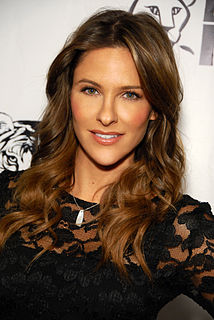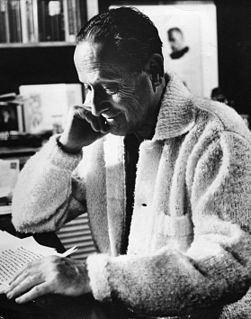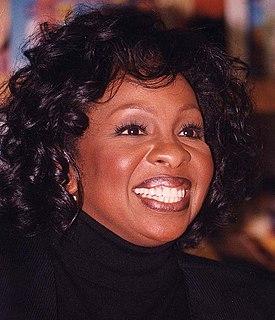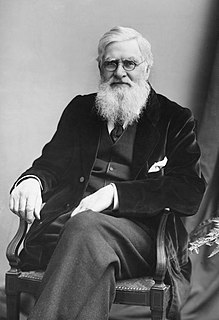A Quote by Leonard Susskind
Life is fragile: it thrives only in a narrow range of temperatures between freezing and boiling. How lucky that our planet is just the right distance from the sun: a little farther, and the death of the perpetual Antarctic winter - or worse - would prevail; a little closer, and the surface would truly fry anything that touched it.
Related Quotes
...a condemned man who, at the hour of death, says or thinks that if the alternative were offered him of existing somewhere, on a height of rock or some narrow elevation, where only his two feet could stand, and round about him the ocean, perpetual gloom, perpetual solitude, perpetual storm, to remain there standing on a yard of surface for a lifetime, a thousand years, eternity! - rather would he live thus than die at once? Only live, live, live! - no matter how, only live!
little sun little moon little dog and a little to eat and a little to love and a little to live for in a little room filled with little mice who gnaw and dance and run while I sleep waiting for a little death in the middle of a little morning in a little city in a little state my little mother dead my little father dead in a little cemetery somewhere. I have only a little time to tell you this: watch out for little death when he comes running but like all the billions of little deaths it will finally mean nothing and everything: all your little tears burning like the dove, wasted.
How little we have, I thought, between us and the waiting cold, the mystery, death--a strip of beach, a hill, a few walls of wood or stone, a little fire--and tomorrow's sun, rising and warming us, tomorrow's hope of peace and better weather . . . What if tomorrow vanished in the storm? What if time stood still? And yesterday--if once we lost our way, blundered in the storm--would we find yesterday again ahead of us, where we had thought tomorrow's sun would rise?
I know those challenges that come up from time to time in life are our little learning tools, our little steppingstones. If we didn't have those things in our life, how would we learn anything? We would just be walking around like nothing. We need those obstacles in our life because I know one thing - I'm a much better person for them.
The Earth would only have to move a few million kilometers sunward-or starward-for the delicate balance of climate to be destroyed. The Antarctic icecap would melt and flood all low-lying land; or the oceans would freeze and the whole world would be locked in eternal winter. Just a nudge in either direction would be enough.
There might have been a hundred or a thousand life-bearing planets, had the course of evolution of the universe been a little different, or there might have been none at all. They would probably add, that, as life and man have been produced, that shows that their production was possible; and therefore, if not now then at some other time, if not here then in some other planet of some other sun, we should be sure to have come into existence; or if not precisely the same as we are, then something a little better or a little worse.
There was only so much space between us, not even a real distance if measured in miles or feet or even inches, all the things that told you how far you'd come or had left to go. But it was a big space, if only for me. And as I moved forward to him covering it, he waited there on the other side. It was only the last little bit I has to go, but in the end, I knew it would be all I would truly remember. So as I kissed him, bringing this summer and everything else full circle, I let myself fall, and was not scared of the ground I knew would rise up to meet me.
I wanted to walk straight on through the red grass and over the edge of the world, which could not be very far away. The light and air abot me told me that the world ended here: only the ground and sun and sky were left, and if one went a little farther there would only be sun and sky, and one would float off into them, like the tawny hawks which sailed over our heads making slow shadows on the grass.
All things are made of atoms - little particles that move around in perpetual motion, attracting each other when they are a little distance apart, but repelling upon being squeezed into one another. In that one sentence, you will see, there is an enormous amount of information about the world, if just a little imagination and thinking are applied.
The reaction to 'Aftermath' has been far worse than to 'A Life's Work,' yet I find I'm perhaps a little less touched by it. In both cases, I've coped artistically by believing the criticisms weren't right. They upset me, but they didn't challenge my understanding of how to write, nor of how morality functions in literature.
There are times when one feels liberated from one’s limits and human imperfections. At such moments, we see ourselves there, in a little corner of our little planet, our eyes fixed in wonder on the cold and yet deep beauty of that which is eternal, that which is elusive. Life and death are fused together and there is no evolution, nor destination, there is only BEING.


































